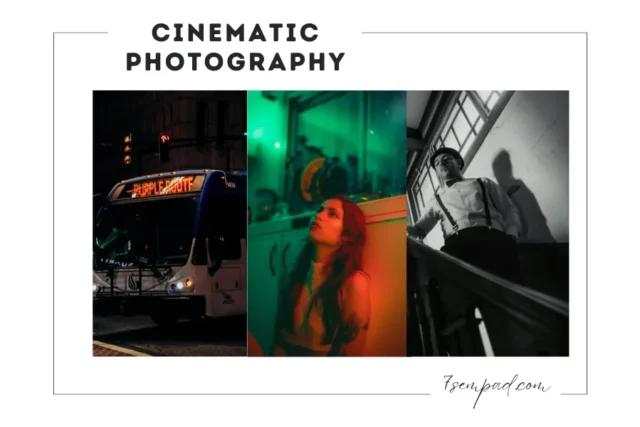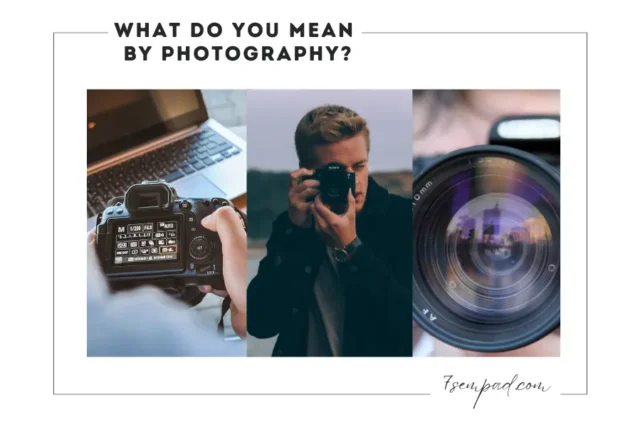
Photography for Beginners : The Most Important Guides
Embarking on the journey of photography can be exhilarating yet overwhelming for beginners. The world of photography is vast, with many nuances and techniques to master. This comprehensive guide aims to lay down the foundational knowledge required for aspiring photographers, focusing on key concepts, equipment essentials, and practical tips to get started on the right foot.

Source: Pexels.com / Pixabay.com
Understanding the Basics of Photography
Photography is an art form that captures moments and memories. At its core, photography is about understanding light, composition, and the subject. Let’s delve into the foundational elements.
The Exposure Triangle
The exposure triangle comprises three primary settings: aperture, shutter speed, and ISO. Understanding how these settings interact is crucial for controlling the light that reaches the camera sensor and, consequently, the outcome of your photographs.
| Setting | Function | Impact on Images |
|---|---|---|
| Aperture | Controls the lens’ diaphragm opening size | Depth of field and luminosity |
| Shutter Speed | Determines the duration of the exposure | Motion blur or freeze motion |
| ISO | Adjusts the sensor’s sensitivity to light | Image noise and brightness |
Composition and Framing
Good composition is essential for captivating photography. The rule of thirds, leading lines, and framing are techniques that can enhance photo composition, directing viewer’s attention to the intended subject and creating a more engaging photograph.
Essential Photography Equipment for Beginners
Starting in photography doesn’t require the most expensive gear, but a few essentials can make a significant difference in your photography journey.
Choosing Your First Camera
Digital single-lens reflex (DSLR) and Mirrorless cameras are popular choices for beginners due to their image quality, interchangeable lenses, and manual controls.
Lenses: The Eyes of Your Camera
Lenses greatly influence the outcome of your images. A standard zoom lens, such as an 18-55mm lens, is a versatile choice for beginners, suitable for a wide range of photography styles.
Importance of a Tripod
A sturdy tripod is indispensable for long-exposure photography, landscape shots, and for any situation where camera stability is crucial to prevent blurred images.
Mastering Light in Photography
Light is the essence of photography. Understanding and manipulating light are key skills for photographers.
Natural Light vs. Artificial Light
Natural light is available and often ideal for photography but can be unpredictable. Artificial light sources provide consistency and control but require an understanding of lighting techniques to use effectively.
The Golden Hour
The golden hour, the period shortly after sunrise or before sunset, provides soft, warm lighting conditions ideal for photography, especially for portraits and landscapes.
Post-processing Techniques
Post-processing is a powerful tool to enhance your images further or correct common issues.
Basic Editing Software
Start with basic editing software like Adobe Lightroom. Learning to adjust exposure, color balance, and sharpness can significantly improve your photographs’ look.
Practical Tips for Improving Your Photography Skills
Practice Consistently
The key to improvement is consistent practice. Experiment with different settings, subjects, and lighting conditions to understand your gear and refine your shooting style.
Learn from the Community
Join photography forums, attend workshops, and follow photography blogs to gain insights, inspiration, and support from the photography community.
Build a Portfolio
Creating a portfolio helps you track your progress, showcase your work, and receive constructive feedback.

Source: Pexels.com / Pixabay.com
Frequently Asked Questions (FAQ)
What is the best camera for a beginner photographer?
The best camera for a beginner is one that matches your budget and intended photography style. Both DSLR and mirrorless cameras are excellent choices for their image quality and manual controls.
How can I improve my photography composition?
Study composition principles like the rule of thirds, leading lines, and symmetry. Practice by taking lots of pictures and critically assessing the composition of each.
Is post-processing necessary in photography?
While post-processing is not always necessary, it can enhance your images or correct minor issues. It’s a skill worth learning for any photographer.
Embarking on your photography journey requires patience, practice, and a desire to learn. By understanding the essentials of photography, choosing the right equipment, and constantly practicing and refining your skills, you can develop your unique style and produce compelling photographs. Remember, the path to becoming a skilled photographer is a marathon, not a sprint. Explore, experiment, and enjoy the process of capturing the world through your lens.



Leave A Comment